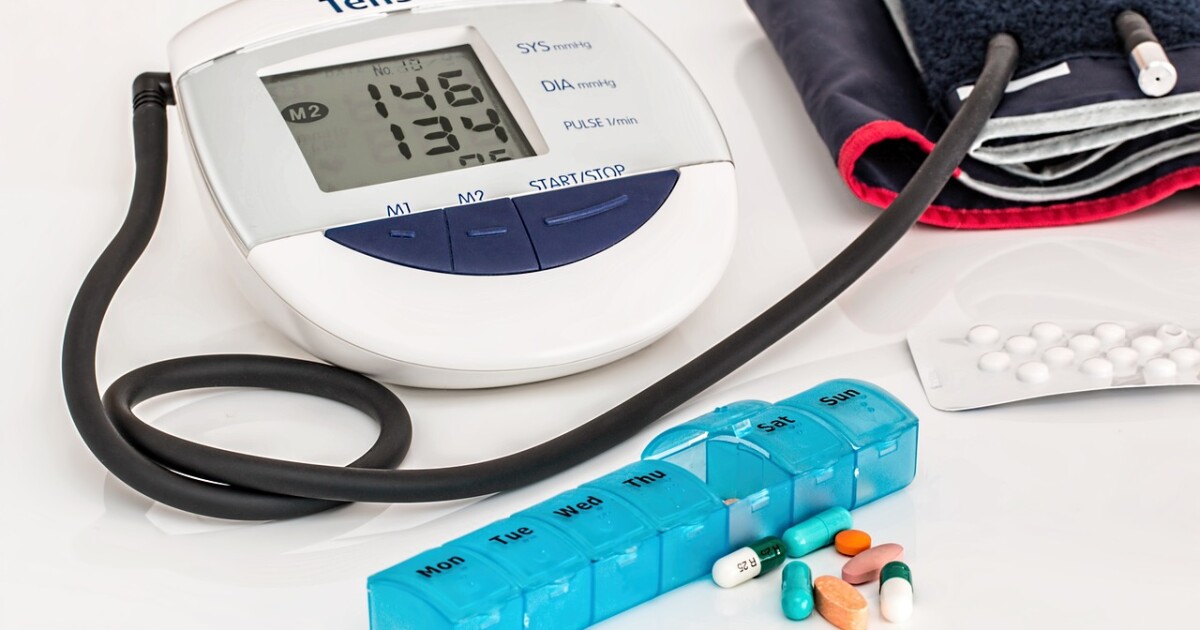Blood
A high alert for high blood pressure
High blood pressure kills more people than all infectious disease combined. A person’s blood pressure is considered too high and is a medical concern when the blood pressure reading is over 140 over 90. The first number is the measurement of the pressure on the arteries when the heart contracts and pumps. The second number is the monitor reading when the heart is at rest between beats.
There is no warning sign or symptoms of having high blood pressure which is why it’s sometimes called “the silent killer.” So, it’s important that people get their blood pressure checked.
According to the Centers for Disease Control and Prevention high blood pressure causes about 1,000 deaths in the U.S. PER DAY. And most of these deaths are preventable. High blood pressure is almost always treatable with lifestyle changes and inexpensive medication, yet less than half of people with high blood pressure have it under control.
Nearly half of all adults over the age of 20 in the United States have high blood pressure. That’s about 119.9 million people. If high blood pressure was no longer present, the number of deaths from these conditions would be significantly reduced. The CDC estimates that high blood pressure causes an estimated 1 in 3 deaths in the United States. This means that if high blood pressure was no longer present, there would be about 330,000 fewer deaths each year.
High blood pressure, also known as hypertension, is common. When the force of blood against the walls of your arteries is too high it can damage your arteries over time and increase your risk of heart disease, stroke, and other health problems. And there is new evidence that it can lead to cognitive decline and dementia.
Smoking, being overweight, not getting enough exercise, and eating a high-sodium diet can all increase your risk of developing high blood pressure. But genetics are also factors that can lead to high blood pressure. High blood pressure runs in families, so if your parents or siblings have high blood pressure, you are more likely to develop it as well.
Certain health conditions, such as diabetes, kidney disease, and sleep apnea, can also increase your risk of developing high blood pressure.
High blood pressure usually has no symptoms, so it’s important to have your blood pressure checked regularly. If you have high blood pressure, your doctor will likely recommend lifestyle changes and/or medication to help lower your blood pressure.
If you have high blood pressure, it’s important to work with your doctor to manage your condition and prevent complications. By making lifestyle changes and/or taking medication, you can lower your blood pressure and reduce your risk of heart disease, stroke, and other health problems.
Ignoring and not seeking treatment for high blood pressure can lead to a number of serious health problems, including heart attack, stroke, kidney failure and aneurysm.
If you have been diagnosed with high blood pressure, it is important to take your medication as prescribed by your doctor and to make lifestyle changes to lower your blood pressure.
Guest:
Allen S. Anderson, MD, is professor and chief of cardiology in the Joe R. and Teresa Lozano Long School of Medicine at The University of Texas Health Science Center at San Antonio. He is chief of the Janey and Dolph Briscoe Division of Cardiology and director of the UT Health San Antonio/University Health Heart and Vascular Institute.
“The Source” is a live call-in program airing Mondays through Thursdays from 12-1 p.m. Leave a message before the program at (210) 615-8982. During the live show, call 833-877-8255 or email thesource@tpr.org.
*This interview will be recorded on Thursday, July 20.

